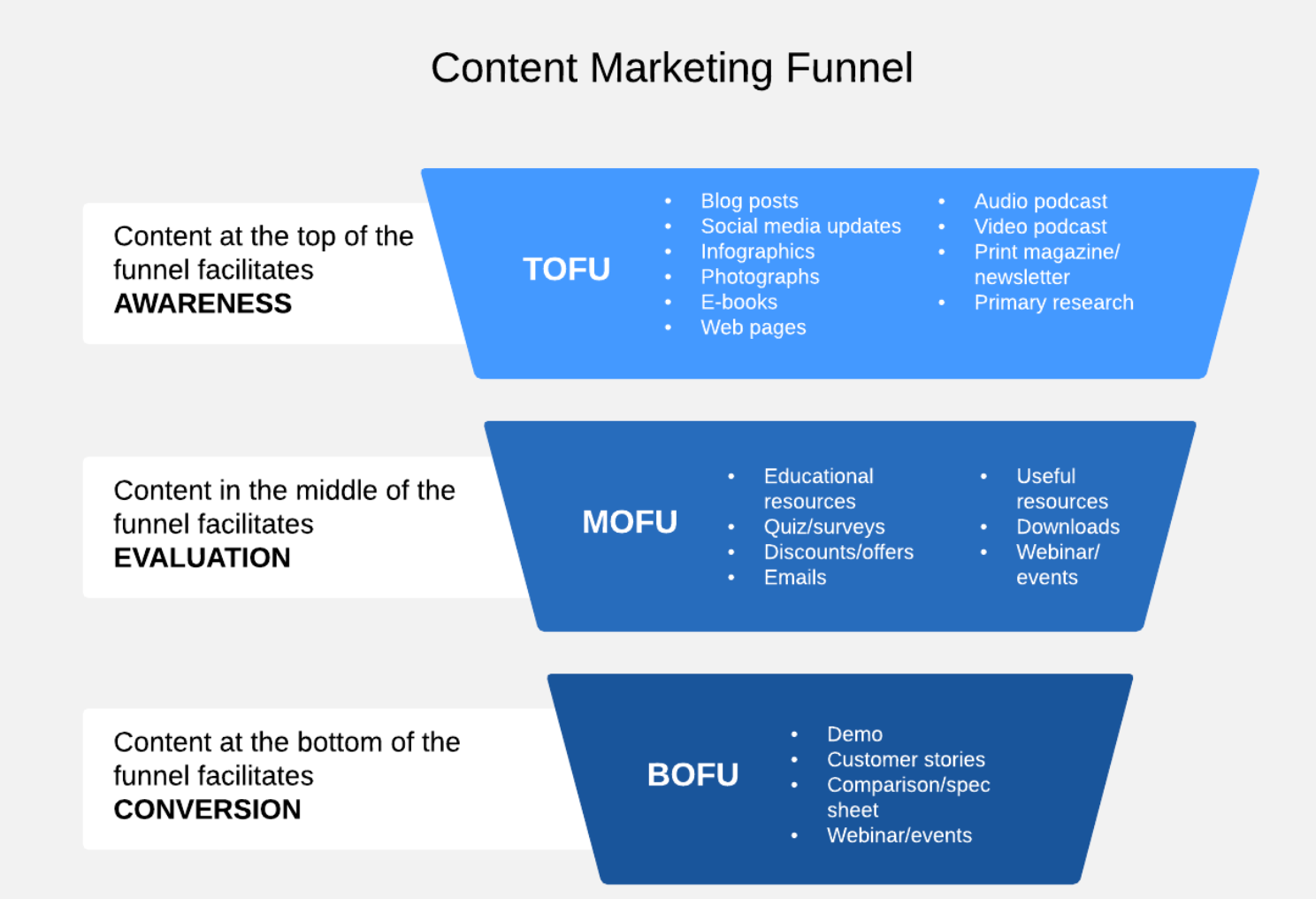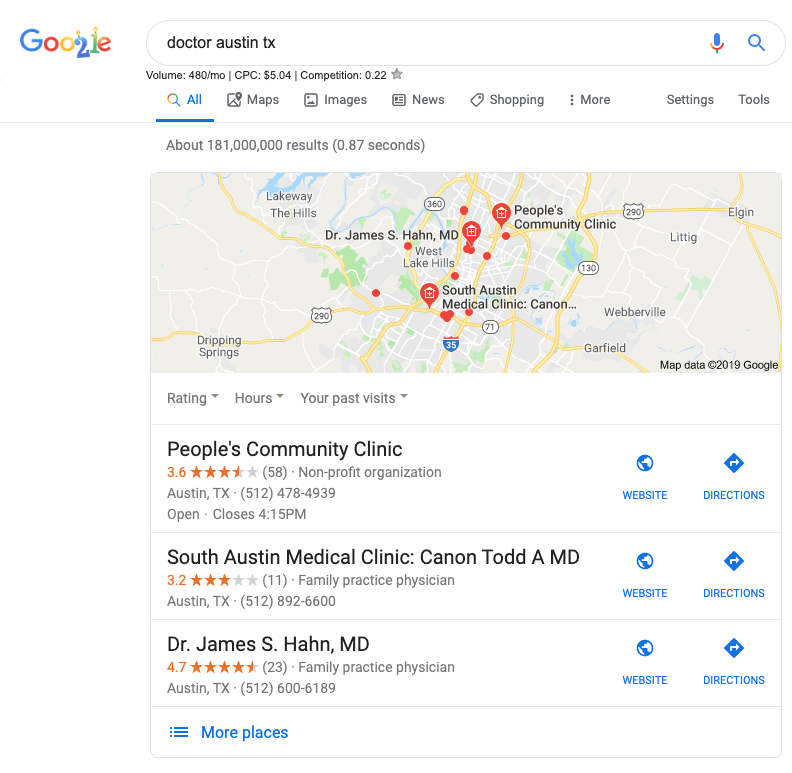Search engine optimization (SEO) is crucial for healthcare providers looking to expand their online visibility and attract new patients. With the vast majority of people now beginning their search for healthcare information online, having an optimized website and content strategy is key to competing for patient attention.

Implementing the right SEO approaches enables your practice to connect with prospective patients right when they are searching for the services you offer. Whether that is general medicine, a specialty area, or a specific treatment, SEO gives you the ability to reach patients who need your expertise.
However, healthcare SEO comes with its unique considerations and challenges. Compliance with industry regulations, properly representing your offerings, and building patient trust should all shape the optimization techniques you leverage.
This guide explores practical strategies healthcare providers can use to heal their online presence through optimized content, website enhancements, thoughtful keyword targeting, and more. Let’s review key areas of focus to make your practice discoverable and connect patients with the care they need.

Understanding the Unique SEO Needs of the Healthcare Industry
Healthcare SEO must balance attracting prospective patients through search with properly representing healthcare services in an ethical manner. Several factors come into play when optimizing for the healthcare industry:
Navigating Compliance and Privacy Regulations
Healthcare providers must comply with HIPAA, FDA guidelines, state-specific rules, and other restrictions regarding claims around treatments, privacy of patient information, and more. Any SEO strategies must operate within the bounds of healthcare regulatory compliance.
This means avoiding misleading or inaccurate representations of treatments, being transparent about disclaimer information related to results, and generally focusing SEO content on educating rather than “hard selling” healthcare services. Ethics and accuracy should underpin every piece of SEO content.
Tailoring SEO Strategies to Healthcare Audiences
Healthcare SEO also requires an audience-centric mindset that caters content specifically to patient needs. For example, healthcare seekers use search to self-diagnose conditions, research treatments or procedures, verify provider credentials, or read reviews before booking appointments.
Catering SEO content to those needs with the right informational topics and healthcare keywords should take priority over generic copy aimed at broad search traffic. Understanding user intent helps create content that answers patient questions and establishes your expertise.

Keyword Research for Healthcare: Finding What Patients Search For
Thoughtful keyword research provides the foundation for an effective healthcare SEO strategy. Using the right tools and techniques, you can discover the terminology patients are using around conditions, specialties, treatments, and other areas aligned to your practice.
Tools and Techniques for Effective Keyword Discovery
Several methods help uncover how patients search for healthcare topics:
- Google Suggest and Autocomplete: As you type queries into Google, the search engine suggests common continuations based on actual searches. Look for “long tail” variations to find niche topics.
- Google Search Volume Data: Some paid tools like SEMrush and Ahrefs provide search volume data estimating monthly searches for specific keywords. Identify high-traffic terms within your healthcare niche.
- Topic Clustering: Search engines understand topics based on keywords that regularly appear together in content and queries. Develop clusters of related terms around health specialties using free tools like UberSuggest or paid options like SEMrush’s Keyword Magic Tool.
- Competitor Analysis: Study what terminology competing providers target through organic and paid efforts. This surfaces additional keywords you may be missing but that have traction in SEO content.
Balancing Broad and Niche Keywords for Maximum Reach
An effective keyword strategy includes a balance of broader semantically-related keyword groups around high-level topics along with more niche long tail variants:
| Main Keyword | Related Long Tail Examples |
|---|---|
| Physical therapy | types of physical therapy for seniors | physical therapy after knee surgery | how often to do physical therapy exercises |
| ACL surgery | ACL reconstruction surgery recovery time | ACL reconstruction techniques | ACL surgery alternatives |
Broad terms allow you to compete for overall topic interest while long tails help attract visitors more explicitly looking for specific treatment details that relate to your specialization.

On-Page SEO: Optimizing Your Healthcare Website
With relevant keywords and topics identified, incorporating SEO best practices across your website prepares it to rank well for those terms. On-page optimization establishes your relevance and helps search engines understand the healthcare services you provide.
Best Practices for Website Structure and Content
Some key areas to optimize include:
- Page Titles and Meta Descriptions: Concisely summarize the page’s topic and keywords so search engines present a compelling listing.
- URL Structures: Use hyphenated version of titles with keywords over generic identifiers like services.html.
- Headings and Content: Include important keywords in headings. Discuss topics in-depth to demonstrate expertise.
- Images and Media: Provide detailed captions and image file names incorporating related keywords.
- Links and Navigation: Use descriptive anchor text for internal links between topically-related pages.

Follow these best practices across all website pages, especially the homepage and those targeting critical healthcare services you offer patients.
Enhancing User Experience for Patient Engagement
Beyond technical optimization factors, healthcare SEO should facilitate positive patient experiences that establish trust and transparency around treatment specifics:
- Mobile Responsiveness: Over 60% of healthcare searches happen on smartphones and tablets. Ensure a positive viewing and navigation experience across devices.
- Page Speed: Slow load times increase bounce rates. Streamline page size with compressed images, efficient code, and optimized hosting infrastructure.
- Accessible Design: Meet ADA compliance standards allowing those with disabilities to readily access content.
- Contact Options: Provide multiple contact methods like online booking and phone support.
- Value-Driven Content: Clearly explain treatment processes, typical results, pricing details, and more to set expectations.
- Reviews and Testimonials: Social proof builds credibility.

Content Marketing: Educating and Engaging Patients
SEO success requires an ongoing commitment to produce fresh and engaging content that targets newly discovered keyword opportunities while answering patient questions.
Developing Informative and Trustworthy Content
Ideally, content should take an educational tone focused on improving reader health literacy on medical issues without directly selling services. Useful topics include:
- Overviews of health conditions
- Breakdowns of testing or treatment procedures
- Do’s and don’ts around post-operative care
- Debunking myths or misinformation
Focus on providing factual healthcare knowledge rather than using overly promotional language. Link out to reputable sources to reinforce claims when discussing research.
Content Formats That Work Best in Healthcare SEO
Options like instructional videos, images detailing anatomy, and interactive elements have an advantage for healthcare over dense blocks of text.
| Format | Example | Benefits |
|---|---|---|
| Videos | 3 minute overview of getting a flu shot | High engagement. Useful for procedures, exercises, etc. |
| Images | Diagrams of affected anatomy | Improves comprehension of health conditions |
| Quizzes | “Do I Have the Flu or a Cold?” | Engaging. Helps diagnoses issues |
| Checklists | Prepping for a Colonoscopy | Actionable steps improve recall |
Multimedia elements boost engagement metrics that increasingly factor into search rankings based on user experience signals.

Local SEO: Connecting with Local Patients
For providers with a physical practice, targeting local searchers is critical for attracting nearby patients. Local SEO builds visibility in those searching for healthcare options in your geographic area.
Optimizing for Local Searches and Google My Business
Start by completely optimizing your Google My Business listing with key details like:
- Accurate business name, address and phone number
- Detailed services, treatments and areas of specialty
- Professional photos representing your practice
- Business hours and booking links
This helps you rank prominently on Google Maps and local results for environments where service location is most relevant.
Leveraging Local Reviews and Testimonials
Prioritize generating recent positive reviews on platforms like Google, Facebook and industry rating sites. These boost local ranking signals and provide social proof for those seeking reputable care options near them.
Incentivize happy patients to review you. Feature testimonials prominently on your website to convey quality.

Measuring the Impact: Analytics and KPIs for Healthcare SEO
Robust analytics allow you to track SEO success and iterate upon strategies over time. Focus reporting on a few key performance indicators (KPIs):
Tools and Metrics for Tracking SEO Success
- Google Analytics: Install for insights on organic traffic to your website, engagement metrics, referring keywords rankings in SERPs, and more.
- Google Search Console: Connect for data on search appearance, clicks and impressions, manual penalties, and optimization recommendations.
- Rank Tracking Software: Services like SEMRush, Ahrefs, and Moz provide historical ranking data for focused keyword monitoring.
- SERP Analysis: Use tools like Surfer SEO and Site Explorer to evaluate page experience factors, snippets, and ad placement visibility.
Adapting and Refining Your SEO Strategies Over Time
Analyze reports frequently and watch for changes week-over-week and month-over-month across critical metrics:
- Overall organic visitors and conversion rates
- Clicks, impressions and rank for target keywords
- New keyword opportunities with growing traffic
- Performance by website section or service page
Look for positive and negative trends to guide the evolution of page content, link building tactics, and keyword expansion that will fuel continuous growth.
Conclusion: Staying Ahead in the Evolving World of Healthcare SEO
Your online presence can play a major role in empowering patient healthcare decisions. Through core SEO strategies refined over time, you gain the ability to connect with prospective patients right as they search for treatments related to your specialty.
Comprehensive optimization rooted in understanding healthcare seeker needs builds relevance with search algorithms while establishing informative value for visitors. As SEO platforms and data continue to progress, maintaining agility to adapt efforts based on real user metrics separates sustainable success stories from stagnant practices.
Hopefully, this guide provided useful areas to focus your optimization approach. Just remember that consistent quality content, website enhancements, and analytics reviews enable your healthcare practice to continually expand its healing presence across search and local platforms.
FAQ
1. Why is SEO important specifically for healthcare providers?
SEO is critical in healthcare because more than 80% of people research medical information online before making provider decisions. Where practices show up on search engines and what content they offer plays a major role in reputation and attracting prospective patients. Optimization gives healthcare providers control over how accessible and authoritative their expertise appears for relevant treatment searches.
2. What makes optimizing for healthcare SEO unique compared to other industries?
Healthcare faces distinctive challenges around needing to balance promotion with ethical, non-misleading representations of medical offerings according to industry regulations. Content cannot overpromise around treatments. Transparency, accuracy and managing patient expectations are crucial. The buyer journey also differs as patients are often in active distress around medical issues so SEO content must align to those use cases.
3. What are some best practices healthcare providers must follow for on-page optimization?
On-page best practices include using reader-focused page titles concisely summarizing conditions and health services offered; incorporating keywords naturally in page headers and content to signal relevance; optimizing images with descriptive filenames and ALT text; structuring URL slugs around topics; and facilitating positive user experience through fast load times, accessible design and value-driven content.
4. Should I focus on broad, high-traffic keywords or long-tail niche phrases?
Strive for a balance targeting both broader medical category keywords around high-interest specialties as well as longer, more precise “long tail” queries that indicate specific treatment-related intent. The broader terms drive volume around general reputation while long tails will connect your exact service offerings to patient needs.
5. What type of content best connects with healthcare SEO visitors?
Informational, educational content like explainers of health conditions, testing/treatment walkthroughs, post-care guidelines, physician interviews and healthcare literacy tips generally perform best. Use formats like videos, images and quizzes with supporting descriptions. Expert-driven over promotional tone builds trust. Include patient testimonials bringing first-hand credibility.
6. Why is local SEO so important for healthcare providers?
Many patients specifically search for nearby providers covered by their insurance when researching options. This means optimizing online listings and reviewing profiles on Google My Business, Facebook, and other directories to stand out locally, which drives significant opportunity to convert those high-intent prospective patients.
7. What metrics matter most for tracking healthcare SEO success?
Monitor organic traffic from search engines, clicks/impressions/rankings for target keywords, increases in website engagement metrics like time on site and pages per visit, and online appointment conversion rates. Connect Google Analytics and Search Console to evaluate performance. Measure against historical benchmarks.
8. How should I approach link building, given strict healthcare regulations?
Avoid questionable link-building tactics aimed solely at driving volume or manipulating pagerank flow. Stick to high-quality sites like educational organizations, respected health portals, government resources and niche medical communities where a contextual editorial link aligns logically with an associated topic. Allow links to develop organically - quality over quantity.
9. What SEO optimization areas present the most liability?
Any direct recommendation claims around healthcare treatments, promises of results, or misrepresentation of credentials present major liability concerns if not properly qualified and backed by scientific evidence. Avoid hype or unclear disclaimer statements. Also, properly tag affiliate links to disclose them as needed.
10. How can I stay updated, given Google’s evolving healthcare SEO expectations?
Actively review algorithm update announcements from Google specific to the healthcare space. Monitor best practice content from reputable SEO authorities on channels like SearchEngineJournal, Search Engine Land or reputable agency blogs. Participate in healthcare marketing communities to exchange information on recent ranking trend changes, compliance issues, and more.






